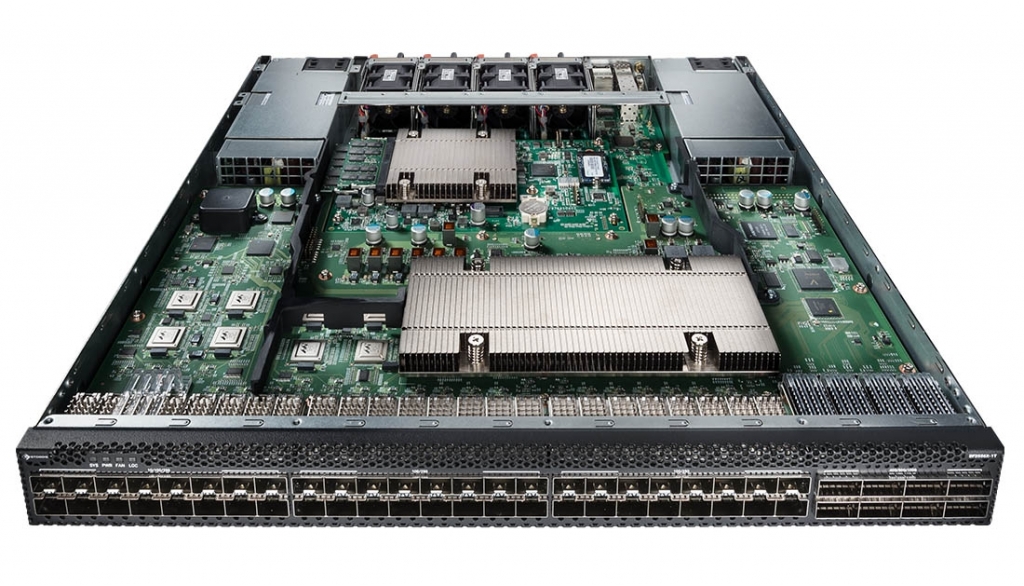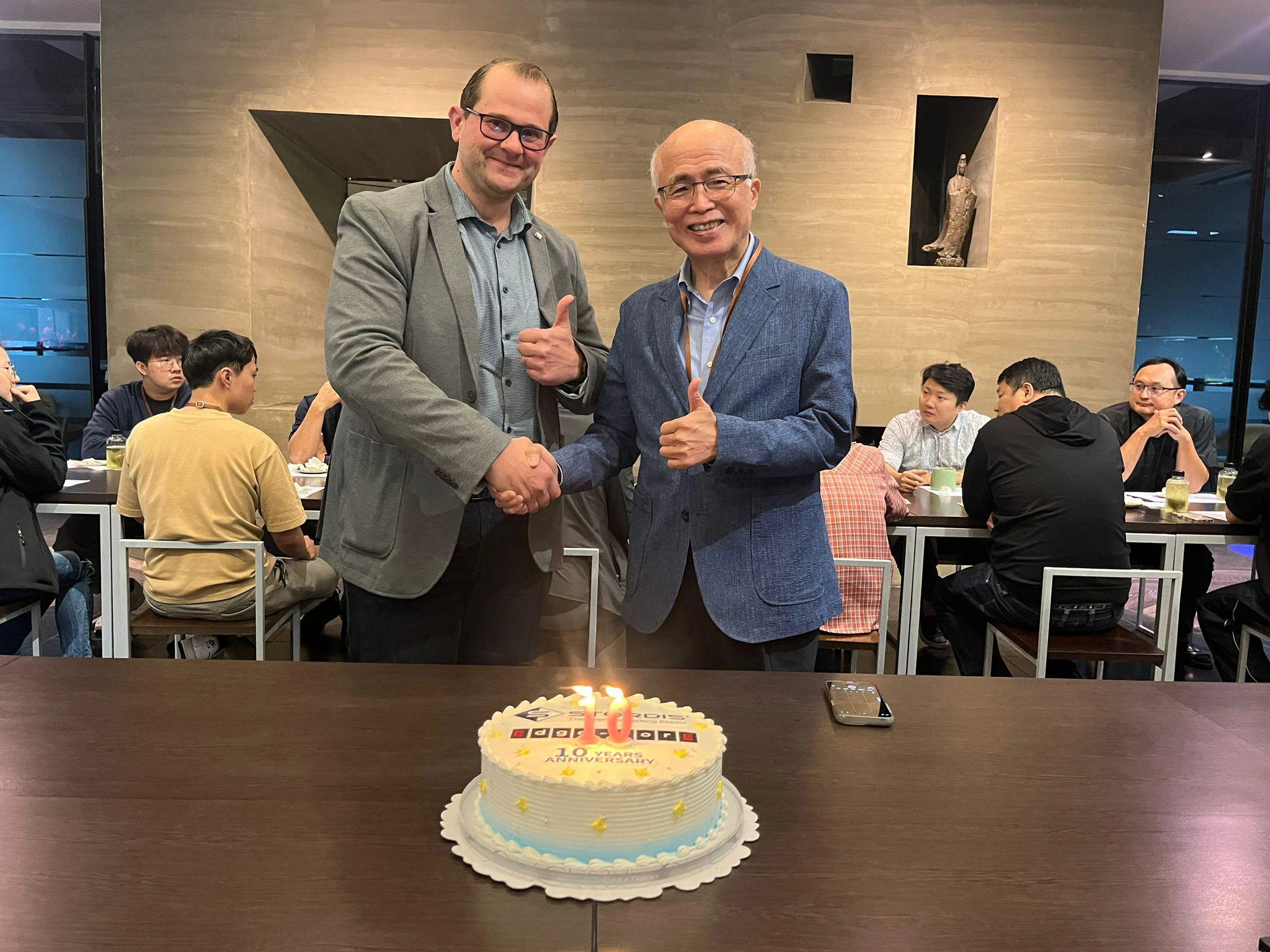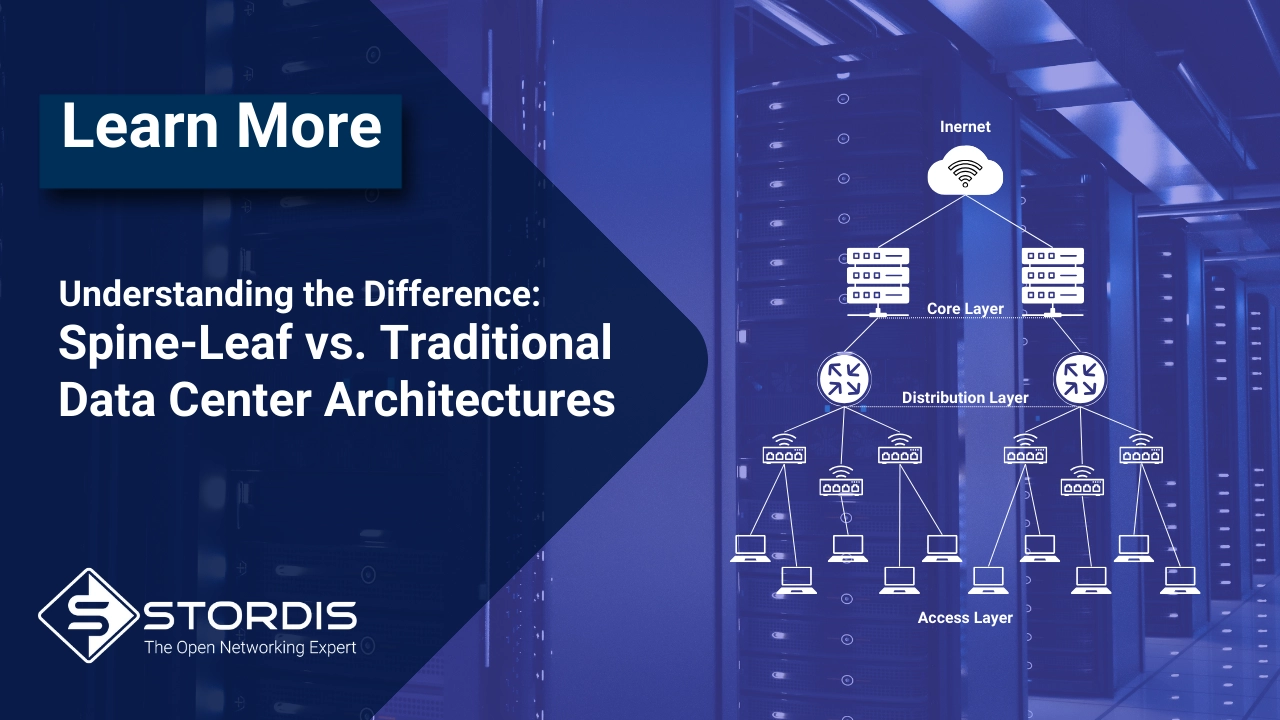- You have no items in your shopping cart
- Continue Shopping

The data center market is undoubtedly changing towards disaggregated network infrastructures and industry experts recognize a trend that has been rapidly evolving over the last few years. Even legacy vendors have started to integrate third-party commodity silicon into their proprietary solutions to meet the operators’ needs for acceleration and uniformity. The article ‘Why Merchant Silicon Is Taking Over the Data Center Network Market’ by Emily Carr, published by Data Center Knowledge, talks about the increasing relevance of merchant silicon for today’s data center infrastructures.
IHS Markit analysts expect that 63 percent of all Ethernet switches shipping in 2022 will be merchant silicon, and even legacy vendors such as Cisco and Juniper are following this trend for disaggregation. Mike Bushong, VP of enterprise and cloud marketing for Juniper, estimates that the adoption of merchant silicon will increase rapidly throughout the data center industry. Not only are the benefits of economic nature, but operations can also be performed faster and much more efficiently by reducing diversity.

A decisive circumstance fueling this development occurred in 2016, when companies such as AT&T and the Chinese hyperscaler Tencent employed Tofino-based Barefoot Networks switches with a P4 programmable chipset. By incorporating open source software to their proprietary solutions, legacy vendors like Arista and Cisco eliminate the need for technologically advanced programmers to benefit from the complexity of white boxes, making their solutions accessible to companies of any size.
Alexander Jeffries, founder and CEO of STORDIS, talks to Data Center Knowledge about his experiences and what role the ‘STORDIS Advance Programmable Switches’ (APS) are playing in this development. Jeffries has witnessed the transition of data center networks for more than ten years, he knows the industry, he talks to customers and understands their demand for certain kind of hardware devices.
‘The kind of customers we’re talking to for these kinds of switches are quite a bit different to what we were talking to in the past,’ Jeffries says. ‘We’re getting a lot of interest from service providers – so telecommunication companies – the security environments, lots of interest in academic research, from all kinds of use cases,’ quotes the article.
Jeffries expects that open source will become standard in the network industry and supports the acceptance and use of open source in the German market. As a result, STORDIS is an active member and contributor to open source projects and organizations such as ONF (Open Network Foundation), P4 Language Consortium, and Open Source Business Alliance.

If you would like to learn more about the beneficial use of P4, the Tofino-based STORDIS Advanced Programmable Switches (APS) and how they can enhance your own enterprise network, you are very welcome to contact us directly at enquiries@stordis.com or +49 (0) 711 34 21 58 0.
Disclaimer:
The original article ‘Why Merchant Silicon Is Taking Over the Data Center Network Market’ by Emily Carr was published by the leading online source Data Center Knowledge on June 5th. We are not liable for the content of or any opinions expressed in the original article. Alexander Jeffries, CEO of STORDIS gave an interview in the context of the OCP, which was included in the article.
You can read the full article at https://www.datacenterknowledge.com/networks/why-merchant-silicon-taking-over-data-center-network-market

Anna Leończuk holds the position of Marketing & Visibility Director at STORDIS, drawing from over 15 years of rich experience in marketing and sales. Beyond her digital marketing proficiency, she’s a passionate advocate for technology and AI, demonstrating a deep appreciation for the transformative power of these cutting-edge fields.
Comments
You might be interested in





